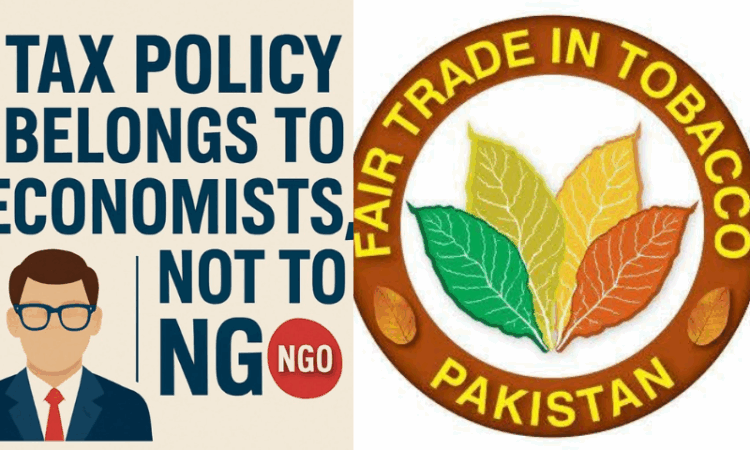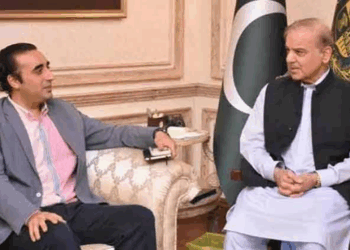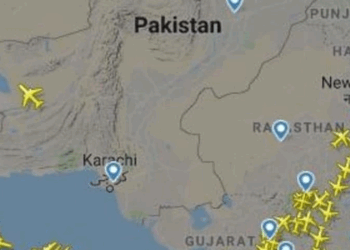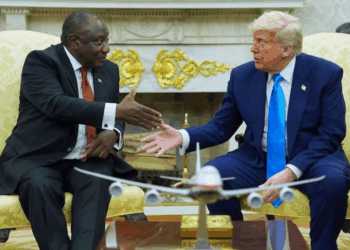Islamabad, May 20, 2025: Ameen Virk, Chairman of Fair Trade in Tobacco (FTT), has urged the government to keep tax policy firmly in the hands of economic experts, warning against what he described as the seasonal re-emergence of health advocacy groups who lobby for tax hikes on legal tobacco products.
Speaking to senior journalists in Islamabad, Virk welcomed the Federal Board of Revenue (FBR) and the Government of Pakistan for their “determined and consistent” crackdown on illegal tobacco trade and widespread tax evasion, calling the enforcement campaign “essential and long overdue.”
“We appreciate the resolve shown by the FBR and federal authorities to act against illegal cigarette trade and bring tax evaders to justice,” Virk said. “Pakistan is losing nearly Rs. 400 billion annually due to illegal tobacco manufacturing and unchecked tax evasion — a loss scale that is simply unsustainable.”
He stressed that protecting Pakistan’s economic interests requires strict enforcement throughout the tobacco supply chain to ensure fair competition and support legitimate, tax-compliant businesses.
However, Virk voiced serious concern over the recurring presence of health advocacy groups that, according to him, intensify lobbying for tax increases in the weeks leading up to the federal budget while remaining largely silent on illegal trade and tax evasion for the rest of the year.
“These so-called health activists, often funded by foreign organizations, appear on cue every budget season. Their timing and messaging suggest more alignment with donor agendas than with Pakistan’s economic realities,” he remarked.
He asserted that fiscal policymaking is a sovereign responsibility, and decisions on taxation should remain the purview of qualified economists, national institutions, and the FBR — not NGOs or international health groups.
“Public health is important, but it should not serve as a cover for policy missteps that damage revenue streams and benefit smuggling networks,” Virk said. “Taxation must be grounded in sound economic analysis, not driven by seasonal activism or foreign influence.”
Citing international examples, he noted that countries like Australia, the United Kingdom, and the United States have experienced significant growth in black markets following sharp tax hikes on tobacco products — some illicit markets now valued at tens of billions of dollars.
“Over-taxation often backfires. It drives consumers to the black market and reduces compliance. Pakistan, with its fiscal constraints and enforcement limitations, cannot afford to repeat that mistake,” he warned.
Virk reiterated FTT’s support for government initiatives aimed at formalizing the economy and eliminating illegal practices, stressing that compliant farmers, manufacturers, and retailers are willing to fully cooperate with regulators.
“Pakistan’s path to economic stability lies in strengthening formal markets and holding illegal operators accountable — not in punishing those who already shoulder the sector’s tax burden,” he concluded.








